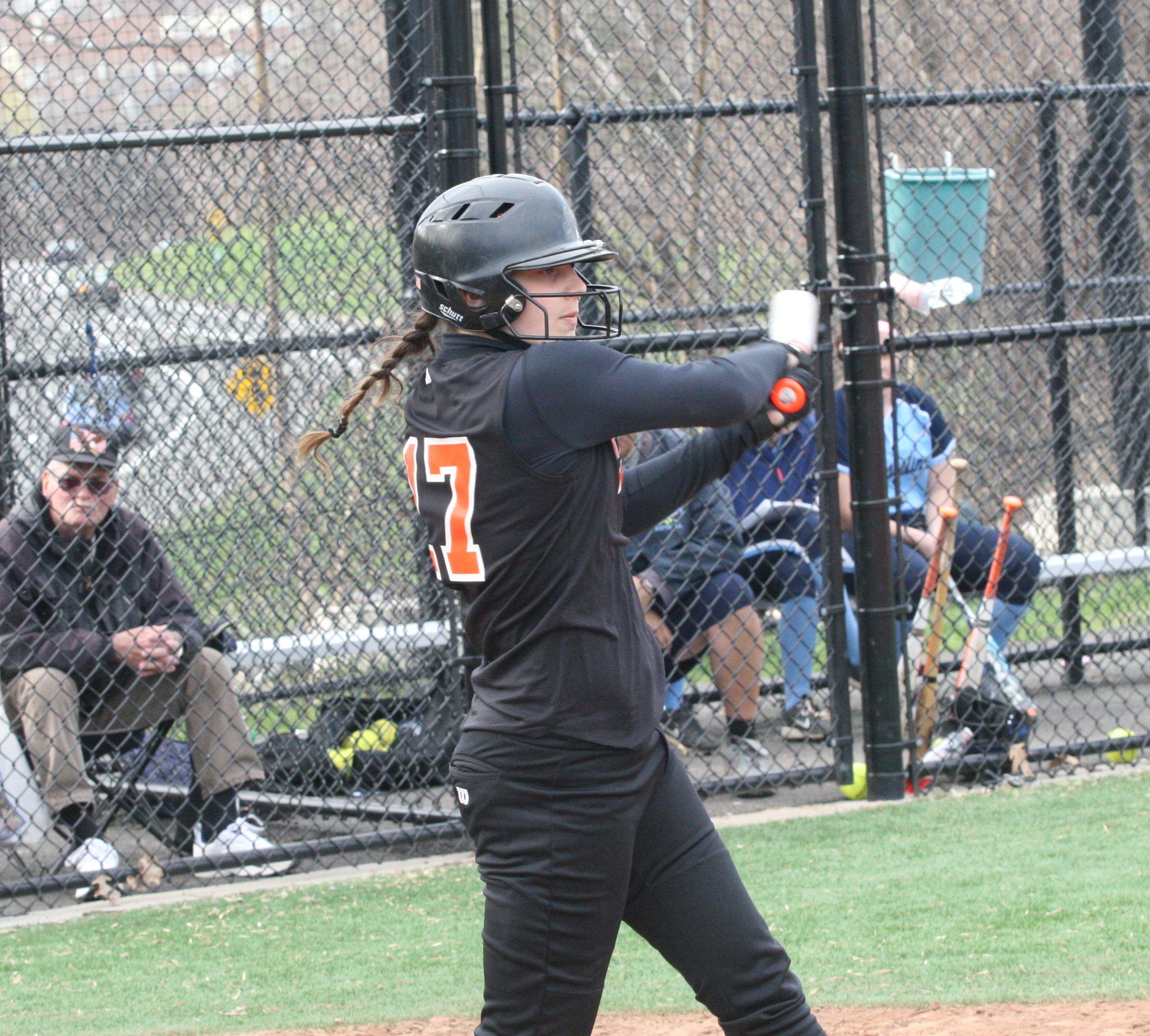Grapevine: The Surprising Similarities of Wine and Coffee Production

There are numerous parallels to winemaking in the natural world, as man has endeavored to extend winemaking techniques to other agricultural harvests. The end results bear the imprint of the winemaking process but are distinct unto themselves.
Cheese, bread, yogurt, chocolate and beer production share certain critical steps of winemaking (fermentation and yeast addition).
So does coffee production. This week, I’ll focus on a comparison of the chain of ingredients and processes that result in your morning cup of coffee.
The baseline agricultural environment: Select varietals of wine grapes will only thrive under a very specific balance of soil, climate, elevation and exposure to the sun (in the aggregate, referred to as terroir).
So, too, with coffee beans. The unique terroirs of select regions of South America and Asia are conducive to the best expressions of certain coffee bean varieties.
The core ingredients: The horticultural species that produces the finest wine grapes is Vitis Vinifera. From this species, hybrids have been developed that thrive in specific regions. An example: Burgundy wines produced from the Pinot Noir grape in the Burgundy region.
For coffee beans, two species account for the greatest production of beans. The Arabica species is highly flavorful and relatively low in caffeine and acidity. Its production accounts for nearly 70 percent of coffee sold and brewed around the world. The Robusta species tends to be more bitter, less flavorful and contains double the caffeine of the Arabica.
Coffee bean hybrids are also named after their unique region of origin. Java and Sumatra beans are expressive of the terroir of those Indonesian islands, as Kona beans are of that Hawaiian island. Each region produces coffee beans with unique aromas, bouquet, taste and finish as well as structural elements, including acidic, earthy, tannic, robust and nutty.
The transformation process: Similar to wine grapes, coffee beans–the seed of the coffee berry–are harvested at their peak. They are then extracted from the berry, typically through a fermentation process, dried to 11 percent moisture, bagged and shipped (as “green coffee”) to roasting houses.
The final influence: Here wine and coffee productions differ. Once wine leaves the winery, its human intervention is complete. However, green coffee beans undergo the additional steps of roasting and brewing. Professional roasters coax the internal heat of beans to 400 degrees, until the internal oils begin to emerge. Light, medium or dark roasts refer to the duration of the roasting process. It is through this process, in the hands of a talented, experienced roaster, that the distinctive aromas and flavors of each batch of (now brown) beans are created.
The brewing is a science unto itself; consult your local brew master for guidance.
Cult status: Select wines are highly sought after for their scarcity or the reputation of a particular vineyard; aficionados pay dearly – up to $5,000 per bottle – to indulge their passion.
Select coffee beans share a similar status. A rare bean discovered in limited quantity in Guatemala was sold at a wholesale auction a few years ago for $500.50 per pound. A cup of coffee processed from these beans sells for $50 to $70, if you can find it.
Recently, another new bean has been marketed. The excrement of the Indonesian Palm Civet mammal contains undigested beans of prized local berries. When roasted and brewed they are unusually distinctive and flavorful. Sound enticing? Amazon will ship a bag to you – for $400 per pound.
Need a satisfying fix to energize you in the morning or lower your stress in the evening? A wine bar and coffee café across the railroad tracks from each other in Pleasantville will satisfy both cravings. Batonnage Wine Bar Café offers a diverse menu of wines selected by David and Paul Paljevic. Black Cow Coffee Company offers a deep and broad international selection of fresh-roasted beans and brewed coffee. (For an education in all things coffee related, chat with owner/roaster Michael Grant or his daughters Bailey and Zoe.)
As the popularity of fine wine and coffee grows, the relationship between these siblings assures continued quality of their respective offerings.
Nick Antonaccio is a 35-year Pleasantville resident. For over 15 years he has conducted wine tastings and lectures. He also offers personalized wine tastings and wine travel services. Nick’s credo: continuous experimenting results in instinctive behavior. You can reach him at nantonaccio@theexaminernews.com or on Twitter @sharingwine.


